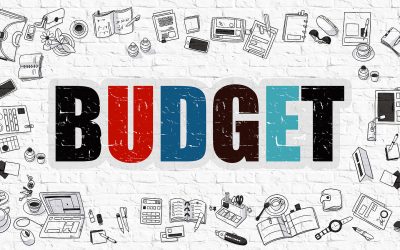South Africa has a residence-based income tax system. This means South African tax residents are subject to income tax on all their income, irrespective of the source. Both South Africa and another country, therefore, often tax income arising abroad. The Income Tax Act provides relief for such foreign taxes. This article briefly discusses the relief available.
Relief for foreign tax
Therelief available to South African tax residents for foreign taxes can be a rebate (credit) or a deduction. The rebate reduces the resident’s tax liability by the foreign tax. The deduction only reduces the resident’s taxable income, similar to any other deduction for costs. The deduction, therefore, only reduces the resident’s tax liability by the South African tax rate applied to the foreign tax. The rebate is clearly more favourable. The remainder of the article considers the requirements and some nuances of the rebate.
Rebate for foreign taxes
In principle, the rebate is available for foreign taxes on income that the taxpayer can prove as payable in respect of foreign-sourced income. Four critical elements of the requirements are:
- The foreign tax must be on income,
- This income is foreign-sourced,
- The tax must be proved to be payable, and
- The taxpayer itself must generally incur the foreign taxes.
I consider each element to assess when claiming the rebate in more detail next.
Tax on income
SARS indicates that a foreign tax is payable on income if the basic scheme of the foreign tax is substantially similar to that in the Income Tax Act. Income taxes, including withholding taxes, meet this requirement. Indirect taxes, such as foreign VAT and GST, does not.
Foreign-sourced income
The type of income and detail of the transaction affect the income’s source. The South African Income Tax Act contains statutory source rules in section 9 for some income. If these rules do not govern the source of income, it is necessary to consider the precedent set by case law dealing with the source of income. In some instances, double tax agreements (DTAs) between South Africa and the country that imposes the foreign tax may determine the source of the income. It often requires a detailed analysis of the underlying transaction giving rise to the foreign tax to establish the source of the income. (The deduction could provide relief for foreign taxes levied on South African-sourced income).
Proved to be payable
A taxpayer can prove that a tax is payable if the person is unconditionally liable to pay it under foreign tax law. The tax needs not be paid yet; it may only be payable in the future. DTAs between South Africa and the country imposing the tax may also affect whether the tax is payable. Taxes imposed contrary to a DTA do not satisfy the ‘proved to be payable’ requirement. Again, this requires a detailed analysis of the foreign tax law and any relevant DTAs.
Person liable for the tax
The rebate applies in some instances to foreign taxes incurred by someone other than the taxpayer. For example, foreign taxes incurred by a controlled foreign company on profits imputed by the taxpayer into its taxable income.








